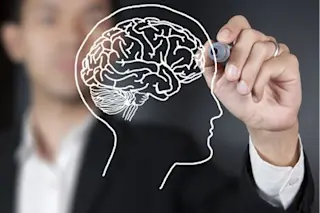The American Psychiatric Association have just published the latest update of the draft DSM-5 psychiatric diagnosis manual, which is due to be completed in 2013. The changes have provoked much comment, criticism, and heated debate, and many have used the opportunity to attack psychiatric diagnosis and the perceived failure to find "biological tests" to replace descriptions of mental phenomena. But to understand the strengths and weaknesses of psychiatric diagnosis, it's important to know where the challenges lie. Think of classifying mental illness like classifying literature. For the purposes of research and for the purposes of helping people with their reading, I want to be able to say whether a book falls within a certain genre—perhaps supernatural horror, romantic fiction, or historical biography. The problem is similar because both mental disorder and literature are largely defined at the level of meaning, which inevitably involves our subjective perceptions. For example, there is ...
What Is the "Bible of Psychiatry" Supposed to Do? The Peculiar Challenges of an Uncertain Science
Explore how the American Psychiatric Association's DSM-5 impacts psychiatric diagnosis and the debate around mental classifications.
More on Discover
Stay Curious
SubscribeTo The Magazine
Save up to 40% off the cover price when you subscribe to Discover magazine.
Subscribe













